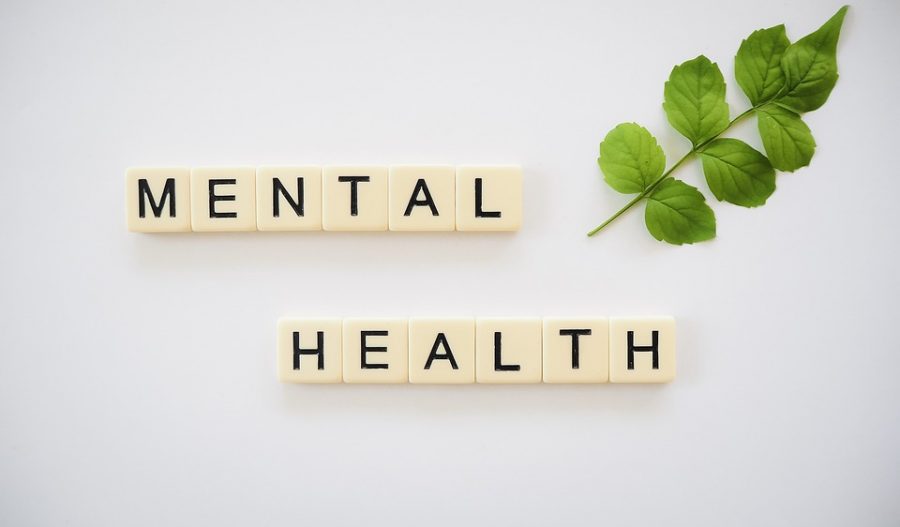Mental health awareness classes belong in school curriculums
October 16, 2021
With all the stress that middle and high school students face as they learn to navigate the world, it’s odd that their exposure to mental health begins and ends as a short chapter in a health or physical education class. Few schools within the United States provide a mental health education that adequately equips students to recognize the signs of mental health issues and address these problems. Providing quality mental health education may not only benefit students who suffer from mental health issues, but also teach classmates how to better support them.
One in five children and adolescents face mental health issues while in school, according to the National Institute of Health.
Students are overwhelmed by the need to excel despite stressors like social, family and academic pressure. Their stress has worsened, especially throughout the COVID-19 pandemic, because they’ve had to learn while adapting to new circumstances.
The pandemic also revealed that social and economic disparities make it harder for students to succeed academically based on where they live. Although many schools have a psychologist or social worker who they can reach out to for help, students may be prevented by a mental barrier.
At times, the people who can provide help may not be the easiest to approach. For middle and high school students, reaching out to an adult such as a parent, teacher or guidance counselor may be more difficult than reaching out to a friend.
Equipping an entire student body with the tools to recognize mental health issues and knowledge on how to help will create a more empathetic generation.
Additionally, mental health education should not only be limited to a single chapter in a textbook in one class. It needs to be taught repeatedly.
When mental health issues are not addressed, they will materialize in dangerous ways like self-harm and suicide. Informed children and teenagers grow into informed adults. Teaching mental health awareness is a necessity in middle schools and high schools in order to prevent tragedies like what occurred at the University of North Carolina in Chapel Hill, where two students committed suicide in just the past month.
If you or someone you know is suffering from a mental health crisis, dealing with suicidal thoughts or feelings of hopelessness, please call 1-800-273-TALK (8255) to reach a 24-hour crisis center available through the National Suicide Prevention Lifeline.
Photo Credit: BD Hypno Plus | https://www.briandcruzhypnoplus.com/ | Pixabay







Daniel • Jan 6, 2022 at 5:24 am
That’s a great thing to add mental-health-related things in their school curriculums. This helps the students to know things about mental health issues and also know about the treatment of those issues. If someone wants to learn more about mental health issues the visit this.
http://igotucorp.com/